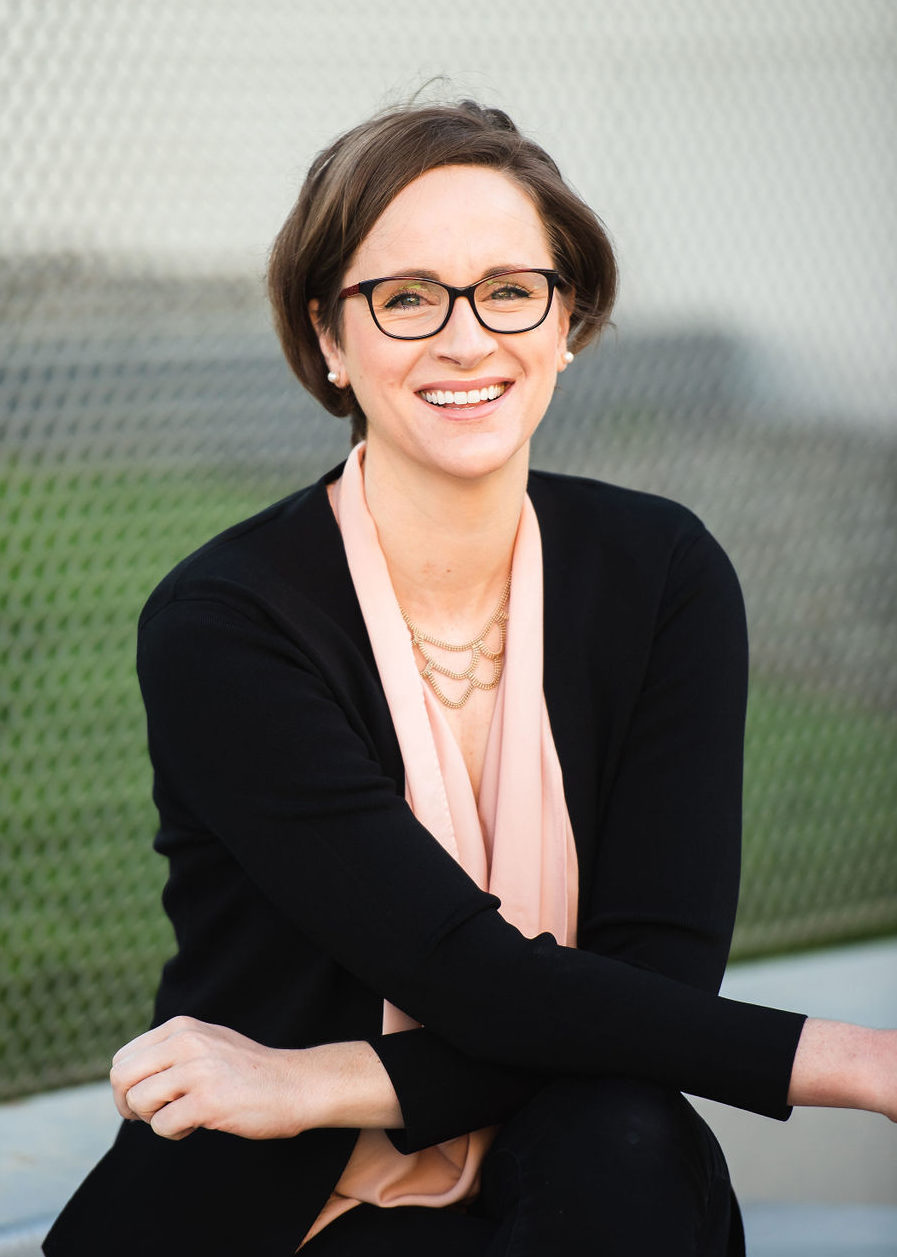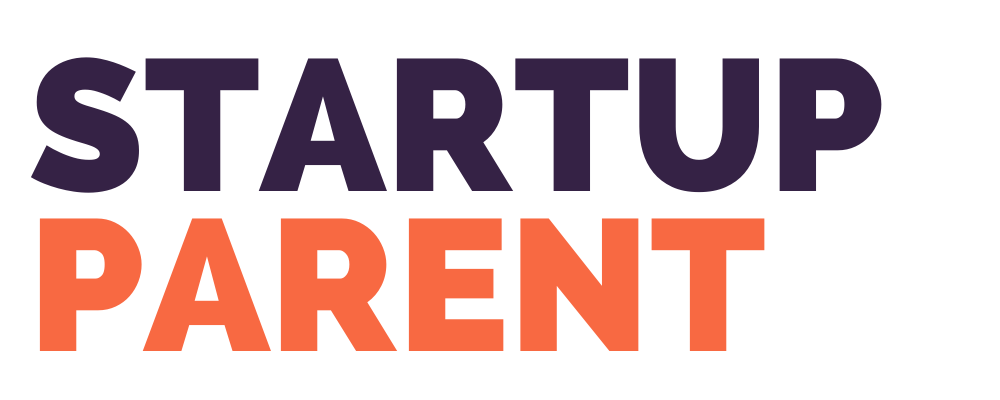The Perfect Mother Myth — Why You’re Not A “Bad Mom.” Episode #110 with Dr. Alexandra Sacks
MATRESCENCE: THE BIRTH OF A MOTHER
When we get pregnant, everybody talks about the baby. Everyone wants to meet the baby, and everyone wants to hold the baby. But what about the mother?
For many women, their needs and feelings disappear. Early in the postpartum period, there is a lot of focus on the needs of the baby. Taking care of a newborn is a round-the-clock endeavor that takes at least three adults, if not more. But in modern America and western cultures, there aren’t enough people taking care of the mother.
Because when a baby is born, so is a mother.
Alexandra Sacks, MD is the leading expert on “matrescence,” the term that defines and captures the period of transition to motherhood. Dr. Sacks popularize the idea of matrescence in her TED talk as well as the New York Times article “The Birth of a Mother.” Similar to adolescence, matrescence is a period of time that is as demanding and transformative as your teenage years.
One of the tropes of motherhood is that it is beautiful, magical, and blissful. When you become a mother, life is complete, right? It’s perfect, right? No—not at all.
Motherhood is not one long bliss note. It’s normal to feel a lot of things towards motherhood.
Any life transition involves a wide range of feelings. Becoming a mother, or even thinking about becoming one, involves complex feelings and emotions. In her work studying “matrescence”, or the identity transition to motherhood, Dr. Sacks shines light on the wide range of these normal emotions that tend to be hidden from public view.
Some of these very normal and natural feelings include: fear of childbirth, disappointment in learning your child’s sex, not enjoying the work of childrearing, feeling disconnected to your baby or your partner (or both!) during what you thought was supposed to be a deep bonding moment, and much more. What do we call women who experience emotions ranging from complete joy to anxiety to ambivalence in new motherhood?
In the words of Dr. Alexandra Sacks: totally normal.
In Startup Parent Episode #110, we talk to one of America’s top reproductive psychiatrists about the range of emotions and feelings that come with motherhood, and why matrescence is totally natural and normal. Complexity in motherhood is part of the story.
The Myth of the Perfect Mother — And Why You’re Not A “Bad Mom”
The Startup Parent Podcast — Episode #110 with alexandra sacks, md
We talk to one of America’s top reproductive psychiatrists about the range of emotions and feelings that come with motherhood, and why matrescence is totally natural and normal.
DEBUNKING THE IDEA OF A “BAD MOM”
If we don’t feel joy, and we don’t love motherhood, then are you a bad mom?
No! It’s totally normal to feel a huge range of feelings, including ambivalence, anger, regret, disappointment, love, tenderness, exhaustion, frustration, and more. Having feelings, especially multiple conflicting feelings, doesn’t make you a bad mom: it makes you a human being, like the rest of us.
But the “Bliss Myth” idea says that we should feel one note about becoming a parent, and that note is happiness and joy.
The truth is more complicated, and Dr. Sacks says a huge range of feelings about motherhood is all totally normal. Things like panicking when you find out that you’re pregnant, or feeling ambivalent at first when you see your newborn, or having new feelings about your partner or your own parents are all absolutely reasonable feelings to have during your pregnancy and parenting journeys.
On today’s episode, we get to talk with Dr. Sacks about the range of psychological experiences that women encounter during pregnancy and new motherhood — from joy and bliss to anxiety and guilt. She also tells us why these experiences are totally natural and normal for a period of such dramatic identity shifts as well as hormonal, bodily, and relationship changes.
COMPLEX FEELINGS OR POSTPARTUM DEPRESSION?
“Going through a diversity of emotions doesn’t necessarily mean you have postpartum depression. It’s the natural course of matrescence,” she explains.
Dr. Sacks wants to normalize the wide range of emotions that women can have around motherhood. A negative emotion—from the anger you might feel at a partner who isn’t helpful, or the frustration at a baby who cries constantly—is not necessarily a symptom of postpartum depression. “These swirling, conflicting feelings are not the same thing as having a depressive episode,” she explains.
Postpartum depression is an important medical condition that requires attention. It’s treatable, and we need a lot more advocacy and research about it. If you think you have postpartum depression (PPD), get seen by a doctor and advocate for yourself—postpartum depression is very common, and it’s important to get help.
The distinction she pays attention to is the idea that we can’t have any negative emotions towards motherhood. “You can love your child and simultaneously dislike doing the dishes,” she says in the episode. “We can have many overlapping feelings.” Matrescence is the period of transition to motherhood, and “this wide, expansive gray emotional zone is a difference thing from postpartum depression.”
She breaks down the harmful myths of motherhood and opens up space for a conversation full of nuance, paradox, and honesty. In our culture, it’s time to redefine motherhood and show the broad range and spectrum of emotions, feelings, and experiences that accompany this huge transition and journey in your life. You’re not a “bad mom” for having human emotions. Being frustrated, angry, or resentful about things changing—or mourning the loss of your past independence—is totally normal.
Becoming a parent means that all of your relationships shift, that a new person is joining your family, and you are responsible in a way that you might not ever have been before. If it feels like a lot, that’s okay, because it is a lot.

IN THIS EPISODE WE TALK ABOUT
- Dr. Sacks’ transition from studying postpartum depression to focusing on the diversity of emotions experienced naturally in matrescence.
- Matrescence as an extended phase of all women’s lives, including women who choose not to have children or who experience infertility, and Dr. Sacks focused work on the period of pregnancy and the first year of motherhood.
- The Bliss Myth and other honest stories we’re missing about motherhood.
- The harmful trope of the “bad mother” as the cornerstone of evil characters in myth and popular culture.
- The idea of the “Good Enough Mother” as permission and guiding light for mother’s overwhelmed by messages of perfection; that we should aim for not superhuman perfection but providing a safe, stable, loving childhood.
- How being a “perfect” mother can actually harm our children in the long term, leading to decreased resiliency, slowing the learning process, and interfering with children’s ability to grow and achieve independence.
- How the power of behind the #MeToo movement of naming the unnamed inspired her to start the Motherhood Unfiltered project to showcase all aspects of motherhood on Social Media, not just those of perfection.
- How the concept of identity related to motherhood is a global rather than national phenomenon.
QUOTES FROM THE EPISODE
- “We need to do a better job educating women about what sorts of psychological experiences they’re going to encounter during pregnancy and new motherhood that’s based on identity shift and hormones and relationship changes and body changes.”
- “Going through that diversity of emotions doesn’t necessarily mean that you have postpartum depression at all. It’s natural to the course of matrescence.”
- “Matrescence is the arch of what this is like for women when they’re going from their lives before motherhood into motherhood. It captures a very same phenomenon that adolescence captures because it’s both body hormone and identity, it’s all of those.”
- “Where did we get the concept that [motherhood] was a constant single note of joy?’”
- “We can be both thrilled that we’re becoming a mother and sad that we’re leaving that sort of private, spontaneous time in our romantic lives with our partner where we were unencumbered by child care.”
- “Disliking the work of parenthood in moments is not the same thing as not loving your child. You can love your child and simultaneously dislike doing the dishes. Those emotions are totally compatible with each other.“
- “You can’t control everything. You are the best mom your baby needs but you can’t control everything. Including your own human ability to read situations.”
- “You can feel sad about a miscarriage and happy about a new pregnancy at the same time. And you know what? That is okay.”
LEARN MORE ABOUT DR. ALEXANDRA SACKS
Alexandra Sacks, MD is the leading expert on “matrescence,” the transition to motherhood that is as demanding and transformative as adolescence. She is known for popularizing the concept in her TED talk with over 1.4 million views, and in her article “The Birth of a Mother,” the number one most read piece of 2017 for the New York Times “Well Family” section, where she is a regular contributor.
Her work has been featured in TIME, NPR, The Washington Post, and The Boston Globe. She is the host of Motherhood Sessions, a podcast released in April 2019 by Gimlet Media, and coauthor of What No One Tells You: A Guide to Your Emotions from Pregnancy to Motherhood published by Simon and Schuster and available now.
The Startup Parent Podcast
The Startup Parent Podcast — Episode #001
No matter how much prep work you do, there is no way to anticipate the experience of having a baby or starting a business. Dismayed by the flawed narratives and tropes around pregnancy and motherhood, I set out to interview real people about the honest truth of motherhood, parenting, and building businesses (or careers). Here’s where it all started.
ABOUT THE STARTUP PARENT PODCAST
If you're growing a business, leading a team, or figuring out entrepreneurship and you have kids, this podcast is for you. We go in-depth with founders and entrepreneurial parents about what it really takes to have babies, grow businesses, and get a little bit of sleep. Sign up for the newsletter to get new episodes in your inbox. And leave us a review on iTunes.
Listen to The Startup Parent Podcast on Apple ★ Spotify ★ Google ★ Overcast ★ Stitcher ★ Castbox or wherever you listen to podcasts. Find another podcast player or the RSS feed here.

Sarah K Peck
Founder, Startup Parent
Sarah Peck is a writer, startup advisor, and yoga teacher based in New York City. She’s the founder and executive director of Startup Parent, a media company documenting the stories of women’s leadership across work and family. She hosts the weekly Startup Parent Podcast and Let's Talk, her second podcast. Previously, she worked at Y Combinator backed One Month, Inc, a company that teaches people to code in 30 days, and before that she was a writing and communications consultant.
She’s a 20-time All-American swimmer who successfully swam the Escape from Alcatraz nine separate times, once wearing only a swim cap and goggles to raise $33k for charity: water. She’s written for more than 75 different web publications and and has delivered speeches and workshops at Penn, UVA, Berkeley, Harvard, Craft & Commerce, WDS, and more.
